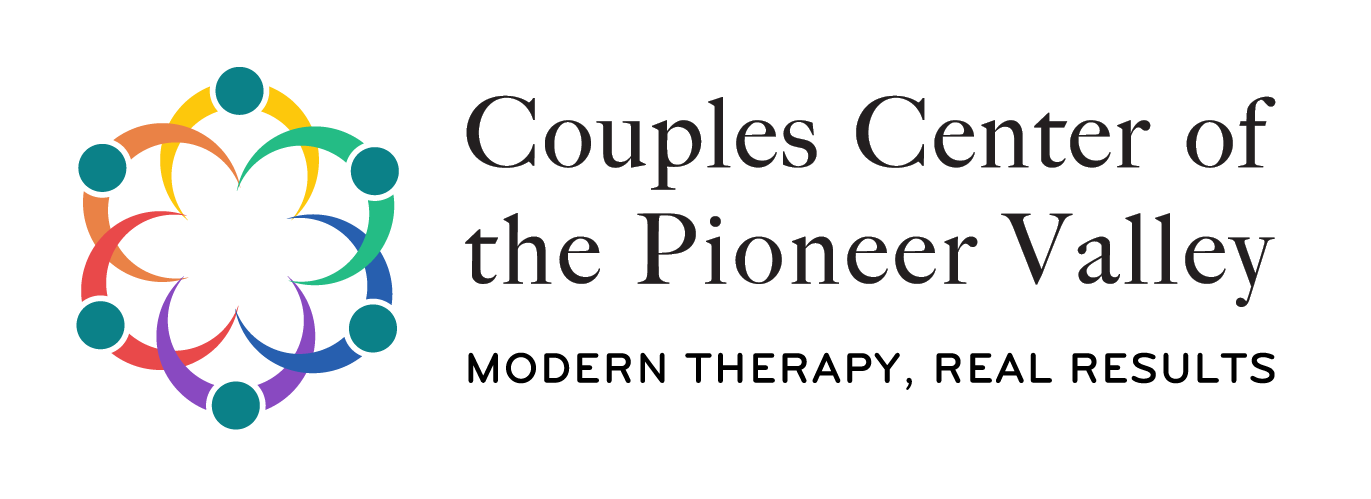
Our Approach and Model

Our Therapy Methods and Tools
The Developmental Model
of Couples Therapy
Couples Therapy Using the Developmental Model
Our Couples Therapy work is drawn extensively from the Developmental Model, which differs quite a bit from some of the other popular couples therapy models such as Gottman, Imago, and Emotionally Focused Therapy. Our central principle is to nurture the growth and "differentiation" of each partner and put the focus on strengthening each partner’s capacity to tolerate and negotiate differences.
Couples Therapy and You
Our experience tells us that empathy and understanding are key to the developmental process, but that they come with time. Truly learning to tolerate your differences is the key to long-lived satisfying relationships where each partner has a strong self. Having a strong self is in fact the precondition for deep intimacy and the "we" that you may so desperately want or wish you had back.
While we all claim to desire deeper intimacy with our partner, the reality is that we are all scared of what that intimacy may entail, at least on some level. Many partners act out through passive-aggressive behavior, substance abuse, shutting down, or defensiveness, which subconsciously serves as a protective barrier to deepening intimacy. Sacred shared time can become compromised by conflict or avoidance, or for some couples, the fight becomes the engagement.
The fear is that if we allow ourselves to be vulnerable with our partner, we may be swallowed whole, cave around our personal boundaries and choices, or experience the kind of hardship or betrayal we felt as children. The alternative, to learn how to soar within the context of deepening intimacy, is not one that is often modeled for us.
Working with the Developmental Model, partners will learn how to grow their own “emotional muscle” to deal more effectively with life's most challenging problems, including affairs, divorce threats, substance abuse, high levels of hostility, and escalation of conflict.
What can you expect to learn in Couples Therapy?
Therapists work with you to help you better understand yourself and your partner so that you can gain insights into how you interact with each other and how you can break ineffective patterns and build better ones. Through your therapy sessions, you will gain clarity on how to:
tolerate uncertainty and difficult feelings.
express yourself clearly and with full-disclosure honesty.
define your independent thoughts, feelings, and desires.
stop blaming your partner and start focusing on yourself.
establish and maintain healthy boundaries.
learn to accept and manage your differences.
define clear areas of responsibility and authority.
address and change self-limiting beliefs.
learn to fight fairly and tolerate conflicts.
develop self-soothing strategies.
tolerate the ambiguity of how we will “get there.”
make repair attempts when conflict or injury has occurred.
develop caring behaviors.
apologize when you are wrong.
resurrect or nurture the friendship.
explore activities that can decrease fighting and make it more productive.
recognize how you discourage each other from giving positive reinforcement or affection.
work on how to create, through your own growth, the sexual, emotional or spiritual intimacy you so crave.
Goal of the Development Model
The goal of the Developmental Model of Couples Therapy is to allow each partner to grow skills that may be missing or are weak and to develop the ability to start knowing yourself and sharing this more with your partner.
This enables each partner to communicate clearly, with increased self-awareness and with curiosity for self and partner. Each partner will first learn to clearly and consistently figure out what their own needs and desires are, and then express them to their partner while allowing their partner to do the same.
This demands that each partner learns to tolerate a healthy degree of conflict and is able to suspend disbelief that the relationship can improve.
Drs. Ellyn Bader and Peter Pearson, the founders of the Couples Institute in Menlo Park, CA, created this model for couples therapy, which is based on work in the field of early childhood development by Margaret Mahler. The model incorporates both Attachment Theory and Differentiation Theory, along with cutting-edge research in neuroscience.



